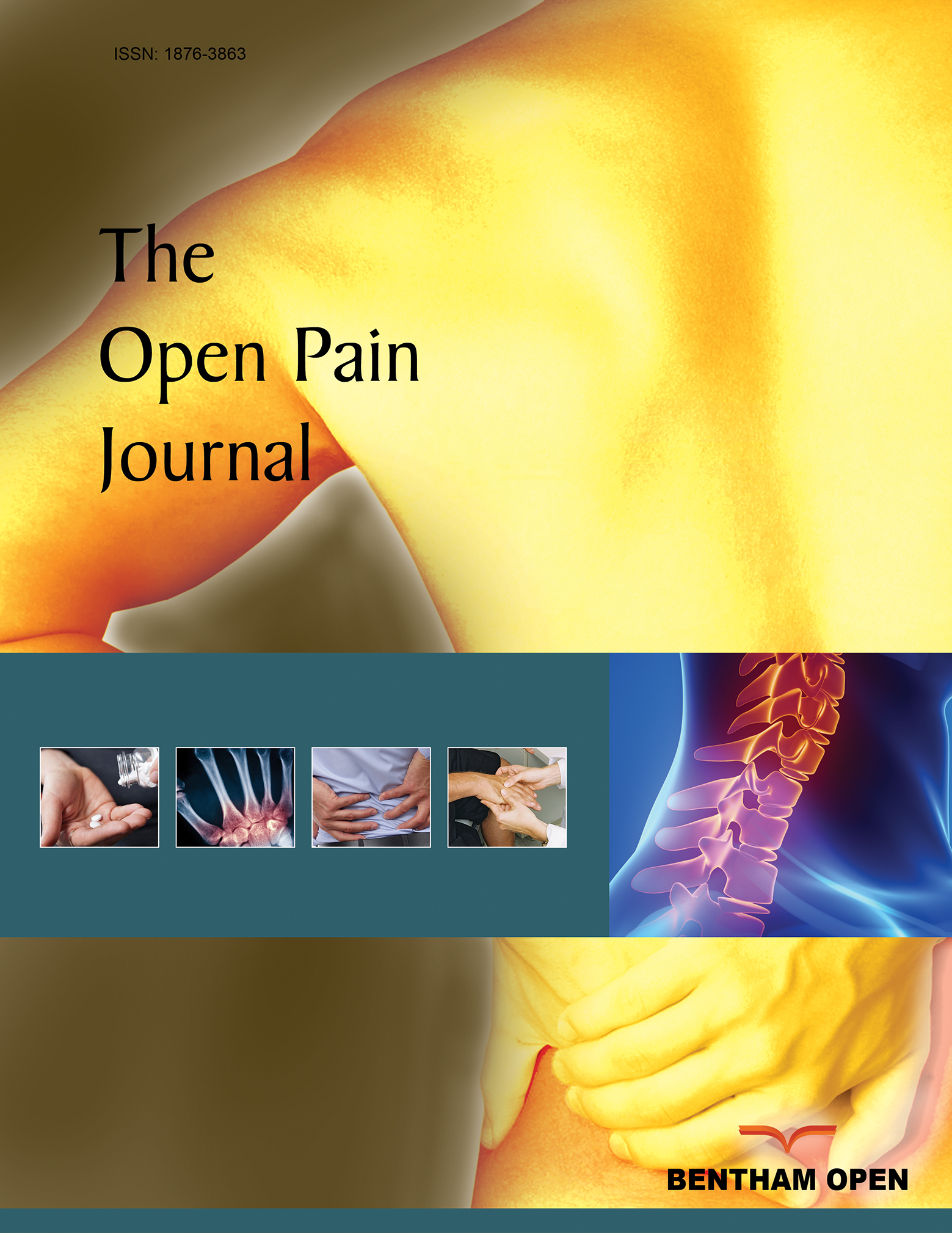Effectiveness of a Nurse-led Pain Management Training Program on Knowledge, Attitude and Practice of Nurses in Ilorin, Kwara State, Nigeria
Abstract
Background:
Pain is one of the most common symptoms experienced by over two-thirds of patients globally. It was estimated that one out of every five adults experiences severe pain, while one out of every 10 adults is diagnosed annually with chronic pain.
Objective:
The study determined the effectiveness of a nurse-led pain intervention strategy among nurses in two selected hospitals in Kwara State, Nigeria.
Methods:
The study utilized a pre-and post-test non-randomized quasi-experimental research design consisting of two groups, with both groups receiving the intervention and a comparison made to assess the effectiveness of the intervention. A multistage sampling technique was employed to select 121 participants. Data was obtained using an adapted questionnaire, while descriptive and inferential statistics were used for data analysis.
Results:
Generally, the study findings revealed significantly lower knowledge scores among the participants before the intervention compared to those after the intervention. This observation was irrespective of the two hospitals (p= 0.000). Among the socio-demographic characteristics of the participants in Hospital A, only gender was observed to be significantly associated (X2= 6.022, p= 0.014) with knowledge level before intervention. Attitude and pain management practice was good in the two hospitals in both the pre-and post-tests.
Conclusion:
Therefore, all healthcare institutions should observe regular training and seminars on pain assessment and management to improve patient care and ensure optimal pain management outcomes.


